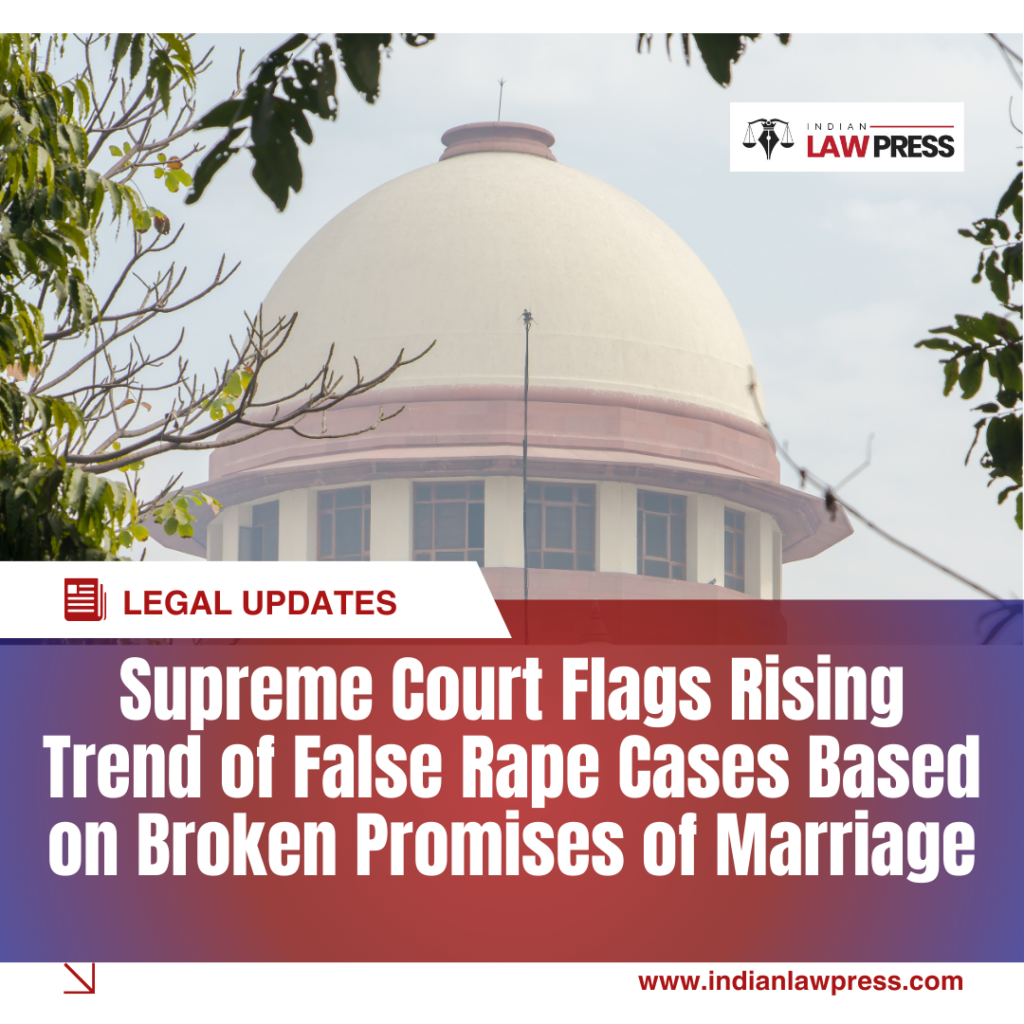In a landmark judgment, the Supreme Court chose not to impose a sentence under the POCSO Act, highlighting societal and systemic failures that caused more harm to the victim than the crime itself.
In a precedent-setting decision on May 23, the Supreme Court of India chose not to impose a sentence on a man convicted under the Protection of Children from Sexual Offences (POCSO) Act, 2012. The Court cited the unique circumstances of the case, particularly the victim’s emotional state and the trauma inflicted by legal and social consequences, as key reasons for exercising its extraordinary powers under Article 142 of the Constitution.
Background and Key Observations
The case, titled In Re: Right To Privacy Of Adolescents [Case No. SMW(C) No. 3/2023], stemmed from a suo motu initiative by the Supreme Court following controversial remarks made by the Calcutta High Court during the acquittal of a 25-year-old man convicted under the POCSO Act. The apex court had earlier set aside the High Court’s ruling, reinstating the conviction under Section 6 of the POCSO Act and Sections 376(3) and 376(2)(n) of the Indian Penal Code (IPC).
However, during sentencing deliberations, a three-member expert committee—comprising a clinical psychologist, a social scientist, and a child welfare officer—submitted a sealed report revealing that the victim did not perceive the incident as a crime. Instead, she suffered deeply from the police investigation, legal proceedings, and societal judgment. The Court noted, “The society judged her, the legal system failed her, and her own family abandoned her.”
Exercise of Article 142
Justices Abhay S. Oka and Ujjal Bhuyan invoked Article 142, which empowers the Court to pass any order necessary for complete justice. The bench emphasized the emotional and psychological complexities of the case. After the incident, the convict married the victim (now an adult), and the couple lives together with their child. The Court acknowledged the victim’s emotional attachment to the convict and her desire to protect her small family unit.
Broader Legal and Policy Implications
The judgment also criticized systemic gaps and directed several reforms:
- To State Governments: Implementation of Section 19(6) of the POCSO Act and Sections 30-43 of the Juvenile Justice (JJ) Act, 2015, must be ensured.
- To Law Departments: Convene inter-agency meetings across states to improve enforcement and possibly draft rules under Section 46 of the JJ Act.
- To Ministry of Women and Child Development: Consider recommendations from the Amicus Curiae for further legal reforms and submit a consolidated report to the Court.
Further, the State of West Bengal assured the Court of quality education for the victim’s child. The Court also encouraged vocational training or part-time employment opportunities for the victim after her 10th Board examination.
Conclusion
This judgment serves as a critical reflection on the functioning of the criminal justice system in cases involving adolescents. It underscores the need for sensitive, victim-centric approaches that recognize the complex socio-psychological dimensions of such cases. The Court’s decision not to impose a sentence—despite upholding the conviction—marks a nuanced and humane interpretation of justice.





